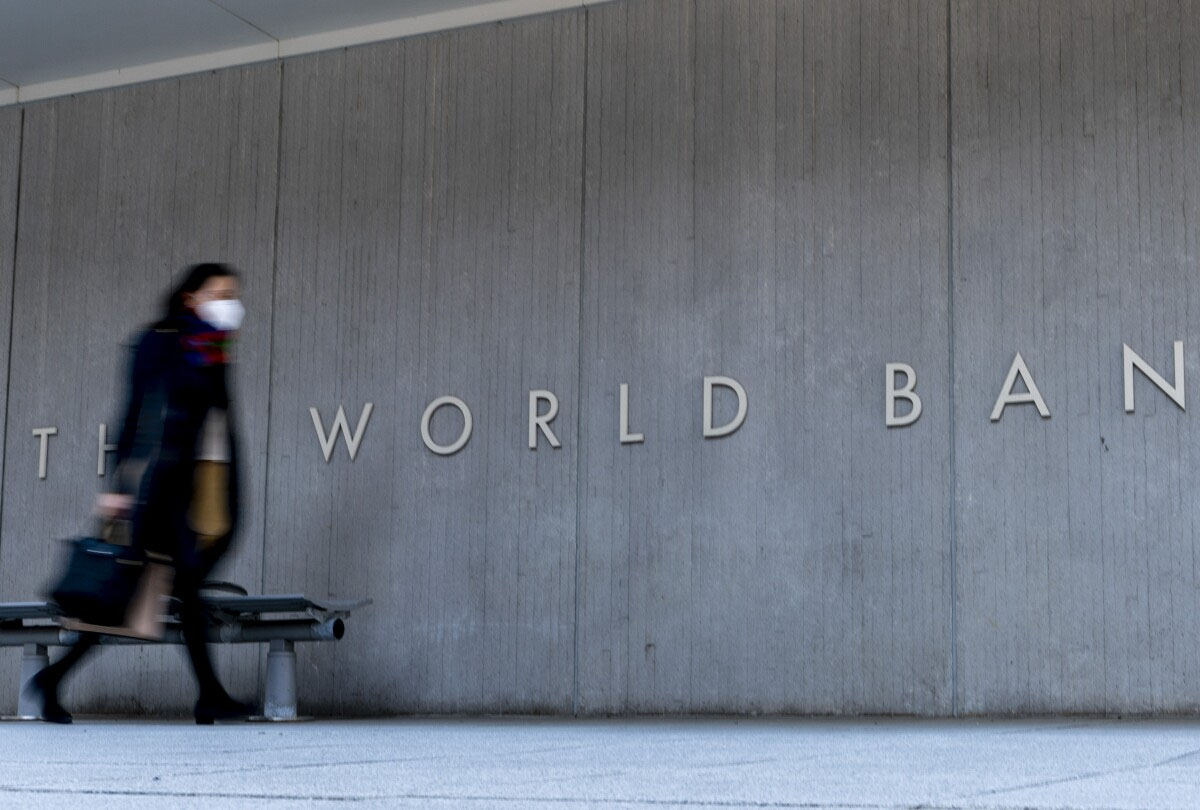
Photo Credit:AP Photo/Andrew Harnik, File
The World Bank has lifted a two-year freeze on new loans to Uganda, despite ongoing international condemnation of the country’s harsh anti-LGBTQ legislation. The ban was originally imposed in 2023, shortly after Uganda passed one of the most punitive anti- homosexuality laws in the world, which includes the death penalty for certain same-sex acts.
The legislation triggered a wave of discrimination and violence. Uganda’s Human Rights Awareness and Promotion Forum reports that hundreds of LGBTQ individuals have faced eviction, arrest, or physical assault since the law came into effect.
At the time, the World Bank suspended new financing, citing concerns over human rights violations. However, the institution now says it is satisfied that newly introduced “mitigation measures” can ensure LGBTQ individuals are not harmed or excluded from future projects.
“The World Bank cannot deliver on its mission to end poverty and boost shared prosperity on a liveable planet unless all people can participate in, and benefit from, the projects we finance,” a spokesperson told AFP. The Bank says it has worked with theUgandan government and other stakeholders to implement and test anti-discrimination safeguards.
New projects in social protection, education, and refugee support have now been approved, according to statements to Reuters. Analysts note that the World Bank is a critical source of external financing for Uganda, supporting vital infrastructure such as
roads and electricity expansion.
Still, the decision to resume funding is drawing criticism. Some economists argue that the World Bank and International Monetary Fund foster dependency through restrictive loan conditions, which can stifle long-term growth in developing nations.
The financial impact of the original loan freeze was significant. The UK-based charity Open for Business estimated that Uganda lost between $470 million and $1.7 billion in the year following the law’s passage.
Uganda’s government maintains that the legislation reflects the deeply conservative values of its citizens. Information Minister Chris Baryomunsi dismissed the previous loan suspension as “uncalled for” and insisted that the law does not discriminate, stating that homosexuality is tolerated “in private” but not when “promoted.”
Critics, however, argue the law is a political distraction from Uganda’s pressing issues, such as unemployment and suppression of the opposition. Human Rights Watch researcher Oryem Nyeko described it as “low-hanging fruit” being framed as a foreign threat to traditional values.
Despite the World Bank’s renewed engagement, concerns remain over the safety and rights of LGBTQ people in Uganda.

















